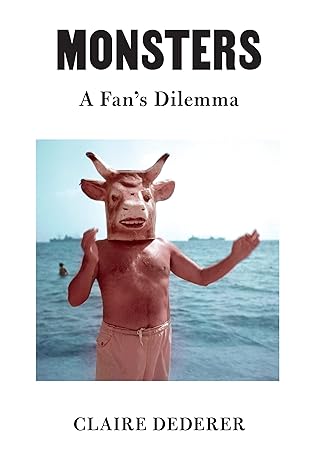More on this book
Community
Kindle Notes & Highlights
“The desires of the heart are as crooked as corkscrews.”
It should be noted that Rosemary’s Baby is known as the most cursed movie ever made.
Charles Manson’s murder of Polanski’s pregnant wife.
Whether I liked it or not, there I was, on my knees before my muse, my beloved, my monster.
“Women: tweet me your first assaults. They aren’t just stats. I’ll go first: Old man on city bus grabs my ‘pussy’ and smiles at me, I’m 12.”
“first.” It implied a list.
Fry positions himself as someone free from the blinders of history—he’s unwittingly illustrating the liberal ideal of the ahistorical present.
We think they didn’t know. And at the same time, we believe we would’ve done better.
Given the right conditions, we would’ve done the right thing.
What (miserably) gets called cancel culture is the contemporaneous act of telling someone that the thing they’re doing or saying is, to use Fry’s word, “nasty.”
Instead of accepting that bargain, we make up an insulting and increasingly dumb name—cancel culture—that invalidates half the equation: the half where people are able to say something is wrong.
It’s a piece of obviousness, but it bears stating: my vertiginous, scary, illuminating experience of reading female erasure was contingent upon Nabokov’s decision to write as the monster.
The great writer knows that even the blackest thoughts are ordinary.
“The problem isn’t that your mother hit you on the head with a brick. The problem is that you still love her, that you depend on her.”
The problem is that you still love her.
Maybe Sam had been a monster to Fred sometimes. And maybe I had been a monster too.
What do we do about the terrible people we love? That question comes with another question nestled inside it: how awful can we be, before people stop loving us?


